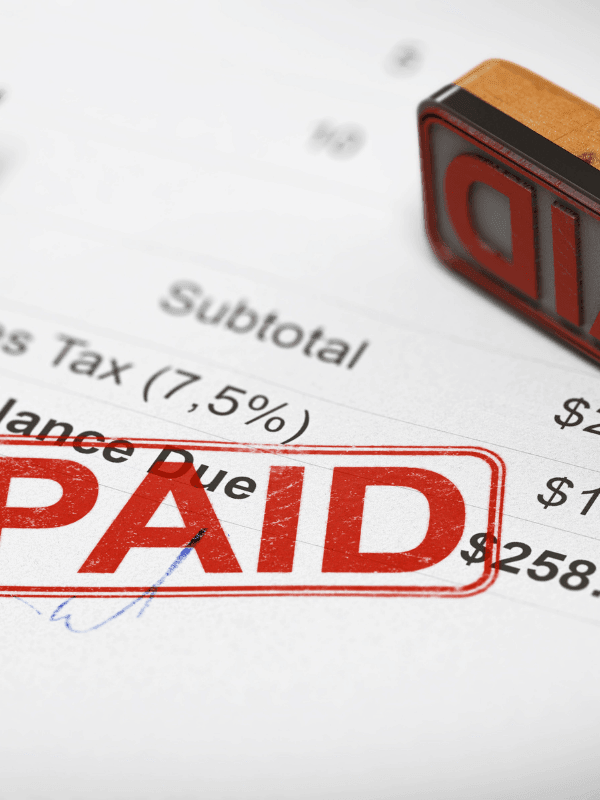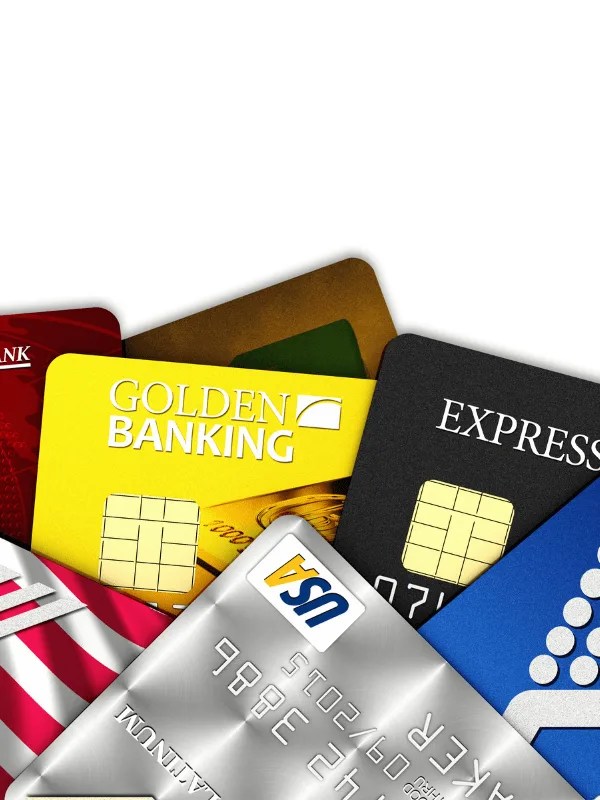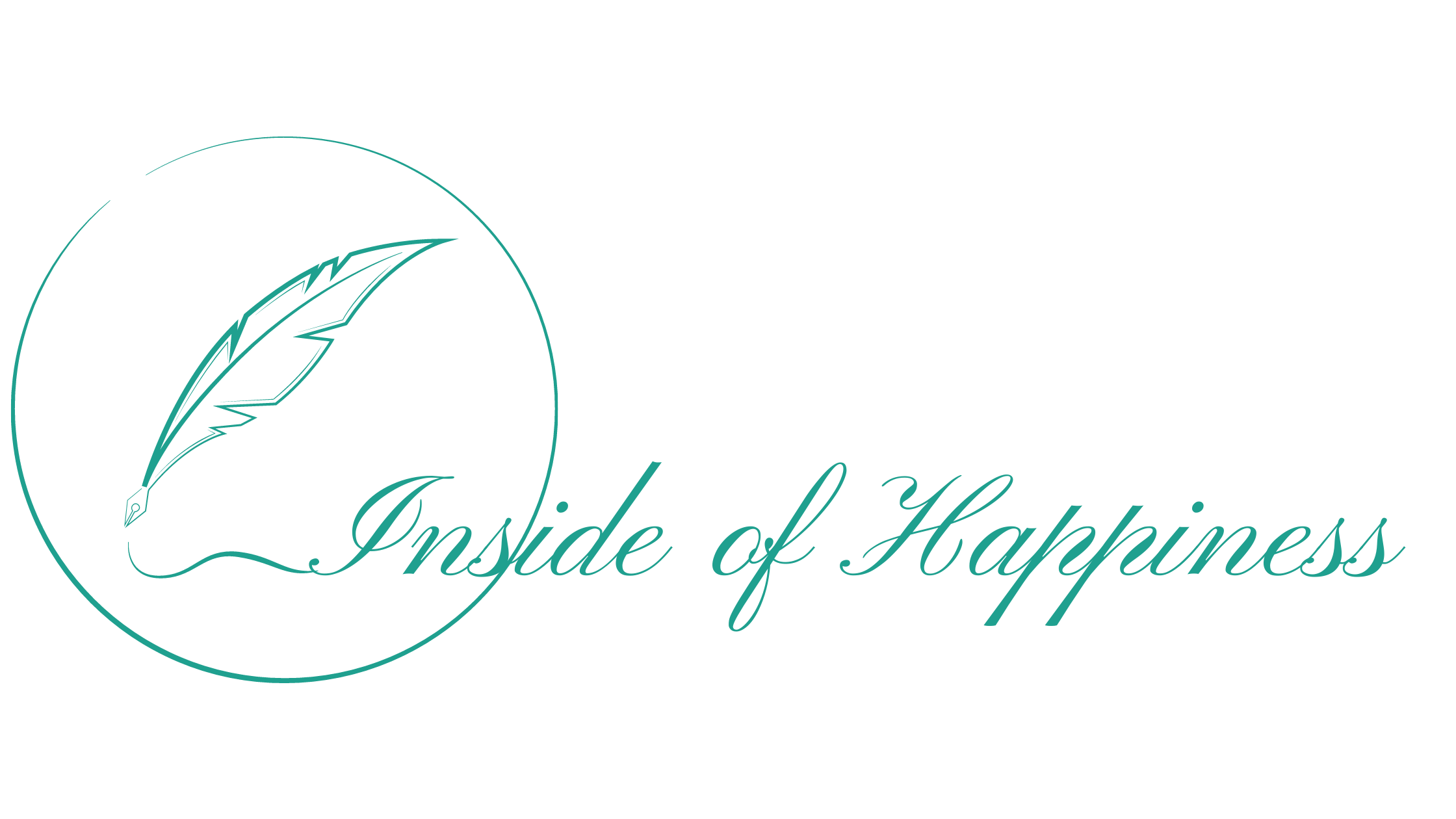How can I pay off debt fast with a low income?
How to get out of debt when you are broke?
How to cope with low income and many debts?
How to finally have a night of good sleep where you don’t feel like you are drowning in debt?
Here’s the deal.
Living paycheck to paycheck isn’t fun. Battling creditors and your own conscience, feeling miserable and incapable of living your life as a normal person is depressing.
Is there a way out of debt? Of course, there is.
How do you find it, though?
It’s so inspiring to read other people’s stories on how they got debt-free “in just a year or so.”
But how do you actually do it?
What can I do if I’m drowning in debt?

Years ago, I had a great job in a bank, wearing nice clothes, and smiling all day long while explaining to clients that they needed the money and, yes, they could pay them off easily.
A total lie.
But I was paid to keep repeating it 8 hours a day, five days a week.
Of course, you need money.
We all do.
But do we really need to get into thousands in debt just to live the life we want?
Do we live the life we want when we’re broke?
In addition to the few days of “enjoying the life you want,” we end up with 5 (or more) credit cards, student and personal loans, overdrafts, and all other types of debts we’ve managed to put our hands on.
Probably, the only exception would be the student loan, but only if you actually work what you studied for.
So what now?
Today we are sober enough to realize that the money we took to live “the life we want” actually got us into a position we’ve never imagined was possible.
Therefore, we spend countless hours looking for fast ways to pay off our debts and finally get to a point where we are the masters of our money and not its slaves.
Paying off huge debt with low income – the main rule
The main thing you must agree on before you go on with paying off your debts is this: No More New Debt.
You must not take new loans, credit cards, or any type of new debt.
You are already tight with money and wonder how to make it through the month. Please don’t add new debt unless it’s a health issue.
Buying Christmas gifts isn’t a reason to get a new credit card.
There are many ways to DIY almost everything in your house, and there are even more ways to make life meaningful without getting into debt.
Ok, with that out of the way, let’s see how to get you out of debt with almost no money.
How to Pay Off Debt With Low Income

There’s only one condition here.
Of course, there is.
You must have an income.
Any income.
I guess that the fact you’ve got the internet that allows you to read this article means you paid for it; hence – you’ve got some income.
That’s all we need for now to start working.
The Magic of Paying Off Debt On a Low Income
Everyone talks about it, but no one says it in one sentence.
Let me be the first:
There is only one way to pay off your debt fast:
- Start paying more than you owe monthly.
The main fuss is about answering the question “How?”.
How do I start paying more than I owe if I don’t make enough?
From here, you have two options and only one absolutely necessary thing to do.
Step One: Negotiate your interests

I can bet with you that you could reduce or even freeze your interest on most of your debts.
You have to know how to do it, and it will take you only 10 minutes.
If you live on a low income and the creditors are knocking on your door and sending you letters weekly, you must sit down and calculate your total amount of debts and the total income you get.
After that, write a letter to the creditors and explain your situation – use numbers, as many as you can. The idea is to prove that if they don’t help, you can’t pay off your debt.
Here’s something to understand.
The creditors aren’t your enemy.
Their goal isn’t to kick you out of your house and sell your shoes to pay off your debts.
Their goal is to find a suitable way for you to pay off your debts so they get their money in the most painless possible way.
Therefore, it’s very likely to be able to convince them to freeze the interests on the money you owe them.
Still, Step One: Reduce Credit Cards’ Interest
Have a look at what other banks offer on their credit cards.
Find one or more options that offer you low interest or no interest at all for an extended period of time (usually, they do it for a year).
Then it’s time to call your bank.
Don’t give up easily on this. Be prepared for rejection at least 4-5 times. Keep calm and explain that you are offered a credit card with lower/no interest from a competitor, and the deal is very good.
After that, explain you are happy staying where you are but only if they lower your current interest. There’s always an option for this to be done. You have to stick to the phone long enough. If the person on the other side of the line cannot help, you ask to speak to someone who can.
Step Two: Make More or Save More
Now, after you’ve done so well with lowering/freezing your interests, it’s time actually to start paying off your debts.
No, you cannot skip this step, sorry.
The crucial part of paying off debt on a low income or not is that you will need money to work with at some point.
Can you make more money?
If not, can you save more money?
The answer to one of these questions must be Yes, or you better stop reading this post – it won’t help you any further.
I will list a few ways to save money monthly below, but I’ve also listed 15 ways why you don’t save money here. I promise all of them are 100% in your control.
5 Things Ways To Save Hundreds – If You Do It Right

As we said – if you want to pay off your debts fast on a low income, you must either make more money or save more money.
If making more money isn’t your option (or not the only one), saving money is your way to go.
We will look at the 5 main areas we spend money daily and see how to save some of this money.
1. Food
It might not look like that, but the food is one of the biggest money wasters. I do not suggest you cut it off, of course.
However, there are almost endless opportunities to save on food. I’ve tried them all, and they work. Each. One. Of. Them.
All you need is the strong will to stick to what you said you’d do.
Have a meat-free day
50% of the antibiotics produced in the world go for meat. Consider going at least one day a week meat-free. It will not only improve your health but reduce the money spent on meat.
Meal Plan

If you want to get ahead in the game, there’s only one thing that could help you – meal-planning. I managed to reduce my spendings on food by 40-50% just by taking 10 minutes to sit down and plan our meals for the next week or so. And most of the time, you will pile up some stock and save even more.
Reduce Sugar and Salt
Try to remember your last big shopping basket. What was in it? Did you have some cookies? Maybe some ready-to-cook trays with meals? Did you get any crisps? Crackers?
Well, you get the hint. Shops make the most money from sugary and salty products.
They put a very small price on them, and you don’t feel guilty, adding a few to the basket. In the end, if you calculate – 20% of the money you just spent went on stuff you actually don’t need (and aren’t healthy at all).
Use a Grocery Book
A Grocery Book could do wonders to your shopping basket and save you hundreds every month. I’ve got a detailed post about how you use a grocery book and free printable to get you started right now.
Check Your Pantry

Before you go shopping, check what you’ve got in your pantry. I bet you forgot half of the stuff in there. No need to overspend when you’re trying to save money and pay off your debts as fast as possible.
Stop Eating Out
I understand that many people see eating out as a way to enjoy life. Yes, we all need some time out and to feel “like a normal person.”
But I have a question for you: Isn’t it better to focus on paying off your debts fast and then fully enjoy eating out as often as you can?
A small sacrifice (yes, it’s small) could get you far in the game extremely quickly.
Oh, takeaways go in the same category. It doesn’t count that you didn’t leave your home. It counts that you spend $50 on pizza for dinner when you could’ve meal-planned for $10.
2. Bills and utilities

Electricity, gas, water, phones, broadband, and everything in between – all that eats up more and more of your money. And while it’s impossible to cut many of them off, there are ways to reduce the number of pennies you spend on them monthly.
It’s the little things that will make the difference.
Switch your lights off when you aren’t in the room, and that saves from your electricity. Stop using the tumble dryer for your clothes and leave them to dry on a cheap drying rack like this one.
Instead of taking a bath every day, try twice a week to take showers instead – they do the same job, trust me.
Review your phone bill. Do you need to pay so much? Your phone company could offer you something better. If not, there are plenty of other companies out there that could offer you a way better deal. Just don’t take No as an answer.
How many TV channels do you get with your plan? Do you watch them all? Do you need them all? In our house, we’ve got the most basic TV plan and pay mainly for broadband (which is a necessity as I work from home). See if you could get a better deal.
Also, I bet that if you take a good look at your bank statement, you will see that you pay for things you don’t remember you subscribed to. In this way, we recently found out that my partner was paying almost £30 monthly for some subscriptions he forgot about.
3. Transportation

14% of your weekly spending goes for transportation.
It might not seem like a lot, but when you add them up, they make a good chunk of money you could use for paying off your debts faster. Instead, why not ask a colleague who lives nearby to partner with you in this? Split the money for petrol in two and have someone to chat with on the way to work.
4. Out

In the bar: We all love to go out and about.
Friday and Saturday evenings are the days we look forward to all week.
After the hard work we’ve done, we deserve to have a beer or two in the bar. I agree.
However… small sacrifices could lead you very fast to paying off all of your debts. Instead, try to reduce the visits to the bar to once a month and invite your friends home to watch a game. Split the money for a pack of beer and some snacks… and you’re done. You still get to see your friends, and you get to save money while doing it. It’s a win-win.
Shopping: Consider having a No-Spend year or at least a month. The idea of a No-Spend year is not to stay away from spending on anything. Instead, it’s to spend money only on things that really matter. You come up with the rules, and all you have to do is follow them.
5. Leave Your Cards At Home

Oh, that’s one of my favorite ways to reduce overspending. It’s because it works. Every. Time.
It’s proven that we usually realize we don’t need some of the things we buy after we get home. Therefore, I have a simple step-by-step guide on how to stop overspending in shops.
Step 1: Make a list of everything you need to buy and calculate the total amount of money you will spend.
Step 2: Withdraw the amount of money you think you’ll need, plus a little bit extra ($10-$15 extra, not more)
Step 3: Leave all of your credit or debit cards at home and go shopping.
If you really need something but you don’t have the money for it, you could always come back later or the next day. Actually, that’s the secret: “later” or “on the next day,” you usually realize you don’t need this item at all. Hence – you just saved money you could use to pay off your debts faster. Congrats!
Once you’ve saved some money, it’s time to get to the moment when you actually pay off your loans and credit cards.
Here I talk about 3 powerful techniques that you could use to pay off debts fast, so I will just briefly mention them below.
Paying More Than You Need To

One way to pay off everything quickly is to pay more than you owe monthly on all of your debts.
This technique works only if you have two or three debts to cover and requires discipline.
You will like this technique because you reduce the interests you pay to the banks. If you do some math, you will quickly realize that you pay off your loan only after paying a huge part of the interest to the bank first. Nothing fair here. Attack them all at once. I explain every detail of this technique here.
One Step At A Time
I really enjoy the first technique, but if I have to be completely honest, most people choose this one. You could either redirect every extra pound you have towards the biggest debt or the smallest one. It’s up to you.
All Together
All Together is for you if you struggle to remember how many debts you’ve got in the banks. If you’ve got many credit cards, an overdraft, and a few loans… This might be the best option for you. The idea is to reach out for debt consolidation and pay only once a month.
However, the downside of this technique is that you will pay higher interest and start the game all over again.
Head over to this post for full details on each technique and find out what suits you best.
⇓Liked this post? Share it with others or save it for later reference⇓

How To Get Out Of Debt Fast With No Money | Reduce Debt Quickly

Blogger, dreamer, procrastinator, and lover of everything soul-touching. My mission is to make you laugh, provoke your thoughts, light up your day and inspire you to fall in love with life and yourself.
